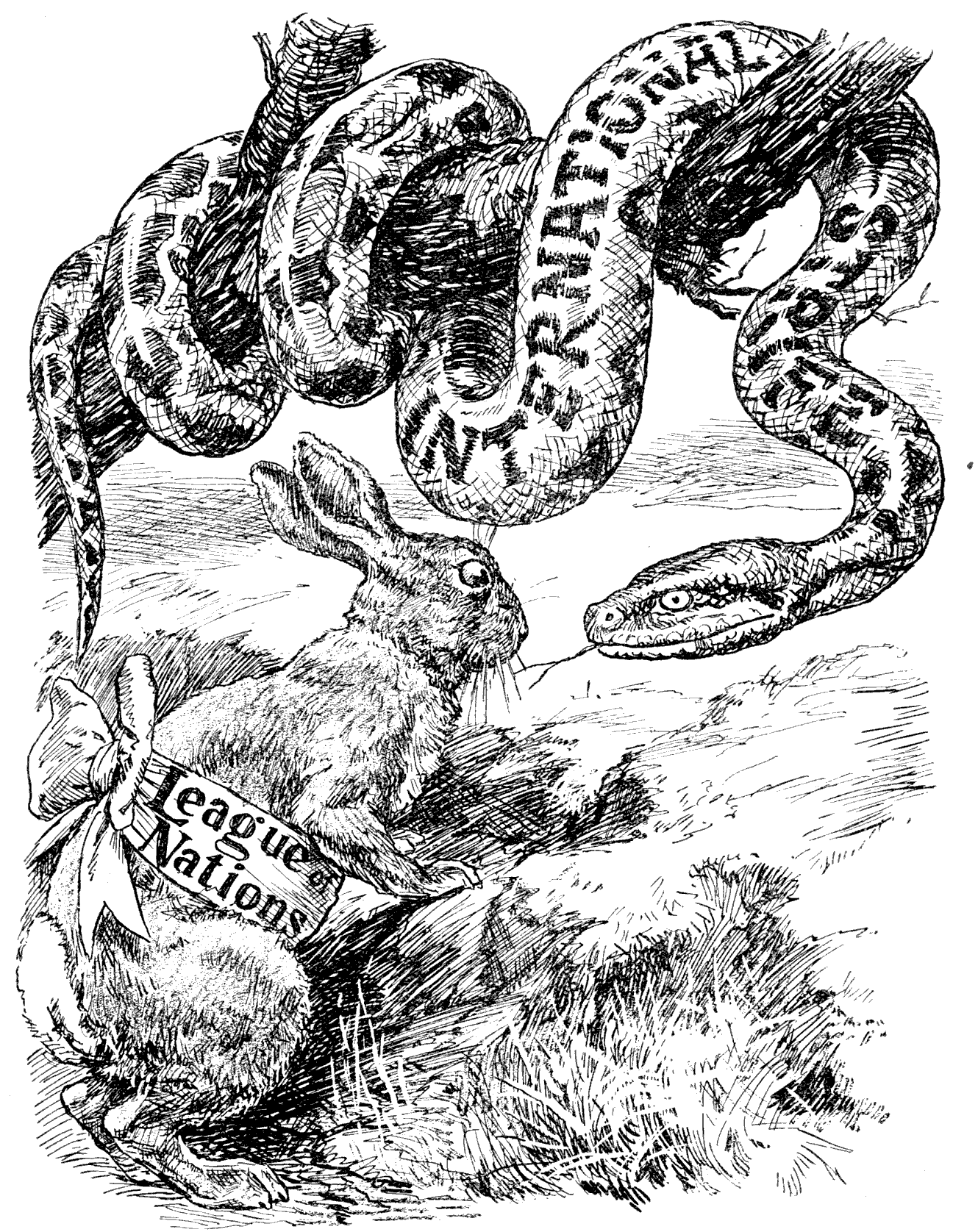Peter Durnovo wrote to Tsar Nicholas
II in February of 1914 a memorandum warning
of the consequences of war, mere months before the onset of the first World
War. Tensions were brewing. Franz Ferdinand had not yet been assassinated, but
there was a deep sense of growing unrest. Only a decade earlier, Russia had experienced a
failed revolution after the Russo-Japanese War (Steinberg). Durnovo, a reactionary
determined to keep the status quo, recognized the risks of what a war would
bring and how it would sever the last threads holding Imperial Russia together.
He blasted the Triple Entente as having been meddled in by Britain, and that
Russia had pragmatically gained nothing as a result – but could lose
everything, as the battering ram of Britain. “To sum up, the Anglo-Russian
accord has brought us nothing of practical value up to this time, while for the
future, it threatens us with an inevitable armed clash with Germany.” Many of his warnings eerily came true,
down to Russia's inadequacy to fight a war on the side of Britain, to how the
socialists would rise up in the smoke, to the fall of Germany (Steinberg). There is one glaring
error in Durnovo's memorandum: the mistaken belief that naval and imperial
tensions between Britain and Germany would be the primary cause of a greater European war. While “the Great War” did occur, its
origins and onset were not as Durnovo envisioned. To fully understand how Durnovo made
this poor call, in the face of being so right on so much, one must examine not
only why, but how he was wrong.
Durnovo wrongly states
that “The vital interests of
Russia and Germany do not conflict.” History
tells us a different story. Germany pursuing
an aggressive policy for years,
perhaps even making realistic plans 18 months in advance of the onset of World War I for
military action (Sheffield).
Kaiser Wilhelm II had deliberately decided against renewing a treaty with
Russia years in the 1890s, and instead opted for the creation of a purely
German alliance – this key factor had been the cause of the first entente, an
alliance between Russia and France. Britain, fearing a powerful Germany, would
later engage in mending relations with France and Russia, dividing the powers
into those of the Central and the Entente. Durnovo
neglects to bring up the fact that Germany, by proxy through its support of
Austria-Hungary, was pursuing a more aggressive policy in the Balkans as well.
Russia, through its alliance with Serbia, stood in the way (Steinberg).
It would be Germany
that played the part of aggressor, not Britain (Sheffield). While Durnovo was right that the
growing imperialist ambitions, along with military buildup, would increase
tension, his prediction was ultimately wrong. The entangled web of alliances,
mutual defense, treaties, and severe foreign policy miscalculations would be
the brush. The spark would be the assassination of Franz Ferdinand – not
a war between Britain and Germany spilling over. The assassination of the heir to the Austrian throne was blamed
squarely on Serbia. Russia, bound by alliance and treaty, announced the
mobilization of its forces (Kubilius).
Germany, which had written as essentially blank heck to Austria-Hungary, had
perhaps not anticipated that Russia would go this far. Nevertheless, they had
encouraged the concept of war, and readily declared war on Russia with the view
that mobilization was an act of war. France, allied to Russia, would also be
engaged at war – Germany would invade the neutral Belgium in order to reach
Paris quickly (Sheffield).
Britain, which was morally obligated to defend France per treaty, would also
utilize a nearly century old treaty with Belgium to justify its involvement
after Germany's invasion. Germany's
rampant aggression directly conflicts with Durnovo's predictions, who had
warned that Britain would play the part of antagonist, and would exploit Russia
as a battering ram. “The main burden of the war will undoubtedly fall on us...
The part of a battering ram, making a breach in the very thick of the German
defense, will be ours, with many factors against us to which we shall have to
devote great effort and attention.”
Durnovo either failed
to include or intentionally omitted the potential idiocy of Russia's own
decision making in his memorandum. The decision to mobilize the military in the
face of Germany's blank check to Austria-Hungary was foolish, regardless if it
was backed by treaty. Without Nicholas' decision to support Serbia, World War I
almost certainly would not have happened – at least, not the way that it did.
The alternative would have been to remain idle, abandoning Serbia to Austria.
While this would have resulted in incredible criticism from Pan-Slavicists, it
would have permitted Russia to at the very least have more time in building its
forces. Even the most optimistic predictions stated that Russia would not be
ready for war until 1917 (Sheffield).
One explanation for
Durnovo's insistence to the Tsar that better relations with Germany were
preferable is Durnovo's belief that Britain was a natural ally of the socialist
opposition within Russia. “Strange as it may seem, England, monarchistic and
conservative to the marrow at home, has in her foreign relations always acted
as the protector of the most demagogical tendencies, in variably encouraging
all popular movements aiming at the weakening of the monarchical principle.” As
a reactionary, Durnovo was doubtlessly terrified by the idea of the monarchy
falling. It was only rational, then, that Russia should ally with Germany, to
which it was ideologically closer. “It should not be forgotten that Russia and
Germany are the representatives of the conservative principle in the civilized
world, as opposed to the democratic principle, incarnated in England and, to an
infinitely lesser degree, in France.” Whatever Durnovo's idealization of the
German monarchy, it would be the conflict of Germany and Russia over
Austria-Hungary and Serbia that was the first sign that war was now inevitable.
Durnovo was wrong that
war was an entirely British prospect. He was wrong that a war between Britain
and Germany would pull its allies in – instead, the opposite happened. It is
unlikely that even if Russia had heeded Durnovo's advice that war could have
been avoided for too long. The end of monarchism may have been inevitable.
Ultimately, Durnovo's warnings would not be heeded. While World War I did not
start the way he had envisioned, the difficulties Russia would face both during
and after the war came true. World War I would accelerate the end of the
Russian Tsardom. The Socialists would be victorious in Russia, and monarchism
would come to a crashing end. Durnovo would not live to see the end of the
monarchy, dying in 1915 – not long after his warnings.
Sources cited:
Durnovo, Peter. “Memorandum to Tsar
Nicholas II.” Course Material; Provided Reading.










